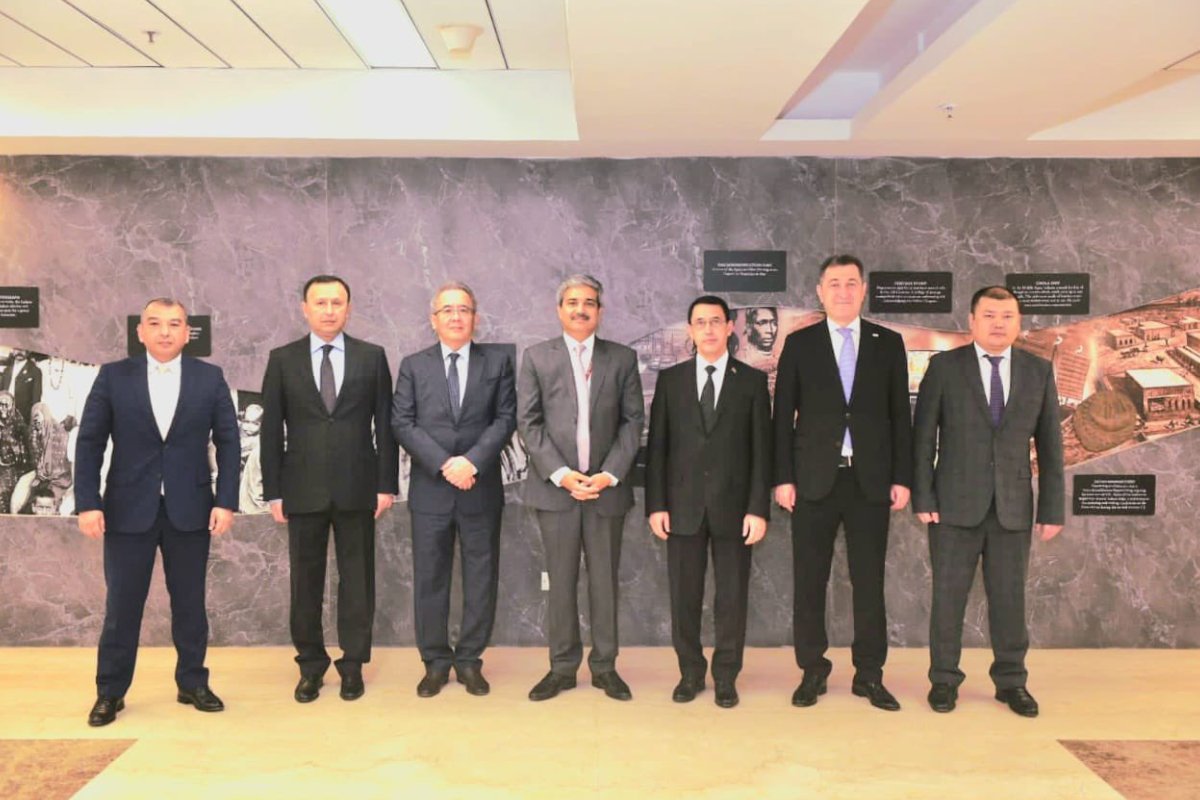Members exchanged views on the current situation in Afghanistan, including the political, security and humanitarian situations, as the first meeting of the India-Central Asia Joint Working Group (JWG) on Afghanistan was held in Delhi on Tuesday, March 7.
While emphasising respect for sovereignty, unity and territorial integrity and non-interference in its internal affairs, the sides reiterated their support for a peaceful, secure and stable Afghanistan.
The meeting was attended by the special envoys and senior officials of India, Kazakhstan, the Kyrgyz Republic, Tajikistan, Turkmenistan and Uzbekistan.
Country representatives of the United Nations Office on Drugs and Crimes (UNODC) and the United Nations World Food Programme (UNWFP) also participated in the meeting.
The JWG emphasized the importance of the formation of a truly inclusive and representative political structure that respects the rights of all Afghans and ensures equal rights for women, girls, and members of minority groups, including access to education.
The JWG also discussed regional threats of terrorism, extremism, radicalization, and drug trafficking and deliberated on the possibilities of coordinating efforts to counter these threats.
The participants also emphasised that the territory of Afghanistan should not be used for sheltering, training, planning, or financing any terrorist acts and reaffirmed that no terrorist organizations, including those designated by UNSC resolution 1267, should be provided sanctuary or allowed to use the territory of Afghanistan.
The country representative of the UNWFP in Afghanistan briefed the participants on the India-UNWFP partnership to deliver foodgrain assistance to Afghan people and made a presentation on the current humanitarian situation, including the aid requirements for the year ahead.
India announced a supply of 20,000 MTs of wheat assistance to Afghanistan in partnership with UNWFP through Chabahar Port.
The sides took note of the current humanitarian situation and agreed to continue providing humanitarian assistance to the Afghan people.
The country representative of the UNODC in Afghanistan highlighted the partnership of India and the UNODC in fighting the menace of narcotics in Afghanistan and thanked India for providing humanitarian aid for the Afghan drug-user population.
India also offered capacity-building training courses for the relevant stakeholders and partner agencies of UNODC and the relevant officials and stakeholders of Central Asian Republics in the field of countering illegal drug trafficking.

